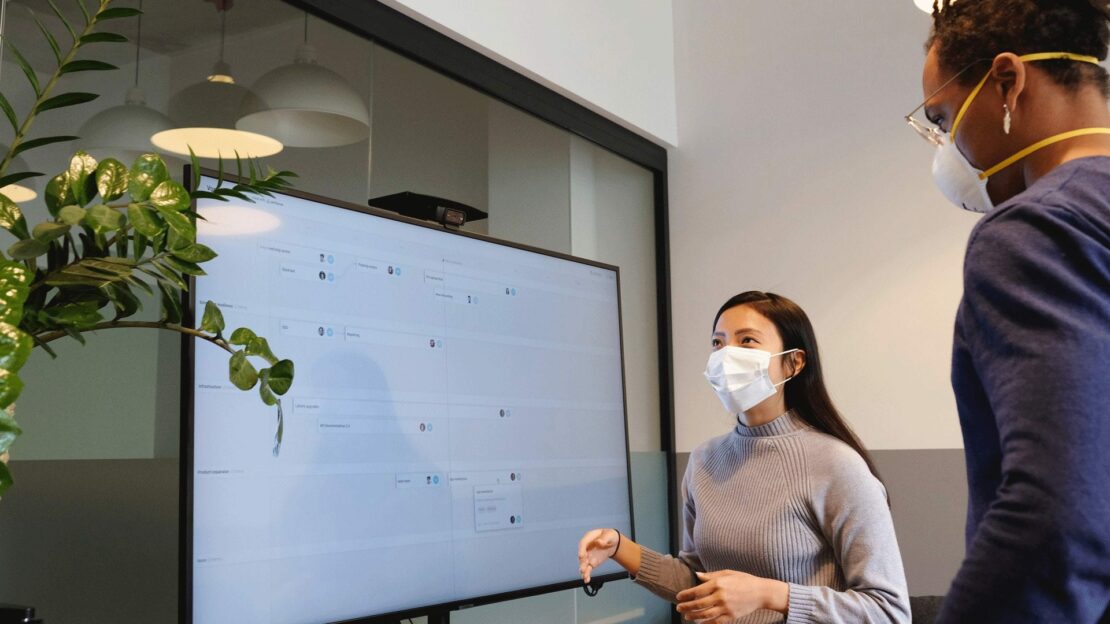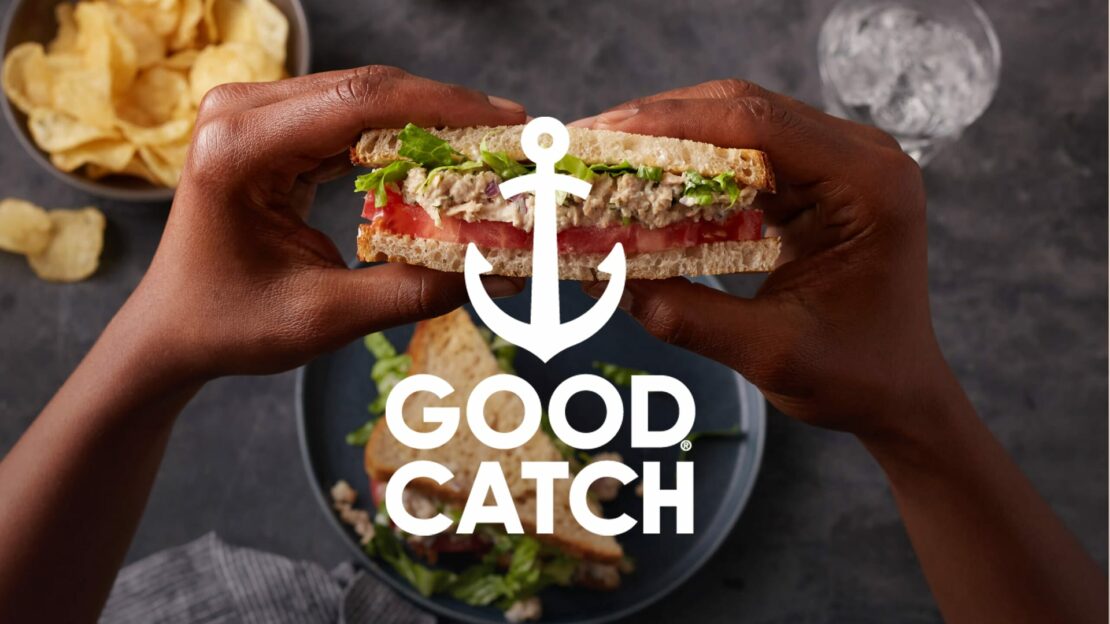Grayling research reveals increasing goodwill towards pharma: But can it last?
octubre 6th, 2023
As the world continues to tackle the Covid-19 pandemic, Grayling launched a global report exploring how people across the world perceive the role and reputation of the pharmaceutical industry. Kathryn Ager, Head of Health at Grayling, looks at the findings and what they mean for the sector.
How is public awareness of – and trust in – big pharma companies changing as the pandemic evolves? How is the relationship between pharmaceutical companies and governments changing and what does this mean for the future of the industry? How can pharmaceutical companies improve their communication with stakeholders in the medical industry, government and the public at large?
Grayling wanted to explore these questions, so we surveyed the general public in the UK, US, France, Germany, Russia and China to investigate how their attitudes towards pharma have evolved*. We also spoke to 14 senior decision-makers within the health sector including representatives from the industry, patient groups and policy makers to gauge their views. The results of our research can be found in our latest report, ‘Emerging from Covid-19: What Next for the Pharmaceutical Industry?’ but I’d like to highlight a few standouts.
The perception of pharma has improved during the pandemic
We observe that the public perception of pharma companies has largely been enhanced during the pandemic, especially in countries where Covid vaccine rollouts have been most successful.
Nearly two-thirds (63%) say that the pharmaceutical industry has a positive impact on society. Nearly half (49%) say they view the pharmaceutical industry more positively than before the pandemic. This was particularly evident in markets such as China, where nearly nine in ten (89%) people felt more positive towards the industry. Meanwhile, just a third (33%) of French people reported the same.
Just 14% worldwide say they feel the pharma sector has a negative impact on society. Men are narrowly more positive towards pharma overall than women.
Speaking to our expert interviewees, the consensus was largely that the perception of pharma – together with an understanding of what it does and how it works – had improved. The challenge is how to make this goodwill last.
In terms of reputation for individual pharma brands, the picture is mixed
Has the public heard of the leading Covid vaccine manufacturers and, if so, what do they think about them? One in five (21%) people say they have heard of AstraZeneca because of the pandemic, 15% say Pfizer and more than one in ten say they now know Johnson & Johnson (11%) and Sanofi (10%).
Pfizer enjoys a healthy approval rating (60% positive) among those who have heard of the brand. Perhaps not unexpectedly AstraZeneca is experiencing more negative perceptions, possibly due to its legal battles with the EU, question marks over the accuracy of its data in the US and reported links to rare blood clots.
More than a third (36%) of people said what they heard about AstraZeneca was negative, compared to Johnson & Johnson (21%) and Sanofi (15%). Negativity towards AstraZeneca was highest in France (46%) and Germany (42%) but lowest in the US (nine percent).
‘Vaccine nationalism’ is strong, but it varies wildly from country to country
There’s no doubt that Covid-19, and therefore the vaccines associated with it, have become politicised. Important national and local elections in the US, Israel, Netherlands, Spain and UK have been influenced by governments’ handling of the crisis.
Two of our interviewees, including a former UK politician, say that ‘vaccine nationalism’ is inevitable as countries look to protect their populations.
Our research finds that people in the UK were far less attached to the idea that a vaccine had to be produced in their country to be trustworthy than other countries. Just under half (49%) said it was important that a vaccine was developed in their country for them to trust it, compared to China (88%), Germany (68%) and France (65%).
Pharma has an opportunity to build on the goodwill, but must demonstrate ‘purpose’
The pandemic has accelerated progress towards more compassionate business models, where organisations are finding a purpose beyond purely prioritising profits. This ‘New Collectivism’ embeds greater environmental, social and governance (ESG) responsibility into company culture.
This quest for a ‘higher purpose’ for pharma is reflected in the findings of our global survey. More than half (55%) said they would be more likely to trust a Covid-19 vaccine if the manufacturer had promised not to seek to make a profit from it. Women (58%) are more likely than men (52%) to trust a not-for-profit vaccine.
Changing the conversation around pharma
While pharmaceutical companies that produced vaccines for Covid-19 have often taken centre stage over the past year, our report clearly shows there is opportunity for the entire industry to get behind this increased understanding and appreciation and use it as a force for good. The healthcare experts we interviewed agreed that the industry now has a platform that it didn’t have prior to the pandemic. This provides a golden opportunity to discuss its research and development (R&D), highlight its solutions to wider health issues, and address traditional questions around pharma, such as access and pricing. And those that can do this best will no doubt prosper now and in the months and years ahead.
Please click here to download your copy of our report – Emerging from Covid-19: What next for the pharmaceutical industry?
And if your healthcare organisation needs expert communications counsel, please contact me.
*Grayling commissioned Opinium Research to survey 3,000 members of the public in the UK, US, France, Germany, Russia and China.


